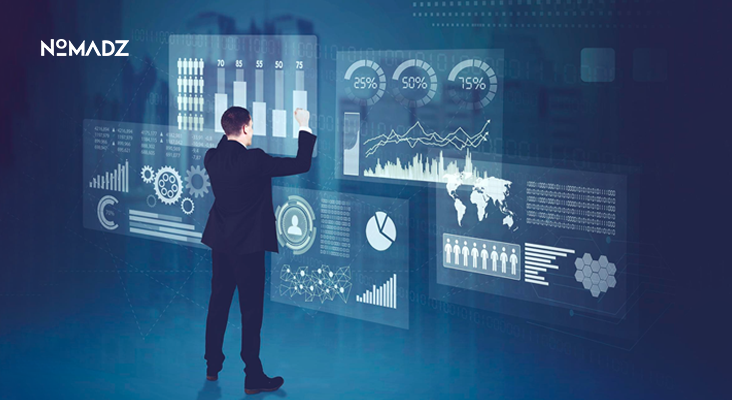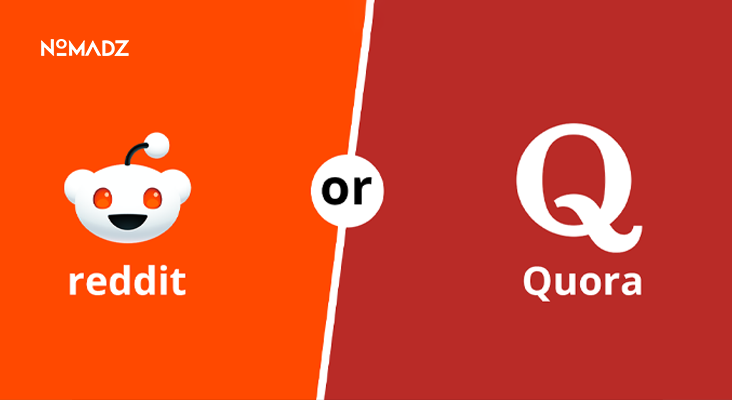Leveraging Big Data in Marketing for Smarter Decisions
In the current digital era, where things rush, brands cannot afford to use guesswork in designing their strategies. As customers interact on various platforms, social media, websites, apps, and online stores, any move leaves behind useful information. It is here that big data in marketing has a very strong role to play. It assists businesses to gain a more accurate idea of their audience, foreseeing tendencies, and making smarter choices that do not necessarily lead to their desired results.
What is Big Data in Marketing?
Big data can be defined as the large amount of information that customers produce daily. These involve the browsing patterns, clicks, buying history, search patterns, social media use, and even the duration of the time spent by a user on a page. Through proper application, big data in marketing enables brands to design more personalized and effective campaigns.
The intention is straightforward: to get to know customers at a personal level and to provide what they desire within an appropriate time.
Why Big Data in Marketing matters today?
The marketing environment has been transformed drastically. Audiences are tougher, competition is even more intense, and attention span is reduced. The strategies used by brands must be fast, accurate, and truthful, but not speculative.
This is the reason why big data in marketing has become a necessity:
- Customers are interacting on various online platforms.
- The use of online shopping and mobiles is still increasing.
- Consumer behavior can now be traced and analyzed in real time.
- The use of automation and AI requires information to be efficient.
Marketers who use such information appropriately can easily outperform others with the abundance of information they have.
Also Read: Big Data Analytics Platforms for 2025: A Comprehensive Guide
Better understanding through customer insights
Knowing your audience is one thing, and at the center of every successful strategy. Big data assists brands to unlock profound customer insights, such as:
- What do customers like to buy?
- When are they most active?
- What are the products that they search for?
- The way they react to some of the messages.
The knowledge aids marketers to segment, make content personal, and enhance user experiences. As an illustration, a virtual clothing store can study the browsing behavior to suggest selections that are appropriate and increase the level of interaction and purchases.
Smarter and faster data-driven decisions
Companies cannot afford time wastage. There are rapid changes in the markets, unexpected shifts in the trends, and there is a daily shift in consumer expectations. That is why it is not an option anymore, but rather the choice when deciding based on data.
Using real-time data, the brands can:
- Adjust campaigns instantly.
- Improve budget allocation.
- Figure out what is and what is not working.
- Reduce marketing risks.
Marketers can make the best move based on facts as opposed to presumptions.
Analytics tools making Big Data actionable
Big data is only useful when businesses can make the right interpretation. This can be achieved through the use of modern analytics tools, which transform raw information into understandable dashboards, reports, and predictions. These are used to monitor performance, customer behavior, and campaign results.
There are even platforms that predict future trends through AI, and thus marketers can plan better. An analytics tool will make big data more valuable and accessible, whether it is counting ad performance or interpreting online traffic.
Personalized Marketing: The new standard
The modern customers demand that brands know them. Big data enables companies to personalize:
- Emails
- Product recommendations
- Ads
- Website content
- Social media messages
Such individualization boosts conversion as customers will be exposed to relevant content. In case a travel site displays the price of flight deals depending on the search history of a user, it will make the process easier and more fulfilling.
Optimizing marketing budgets
Big data also aids in smart spending by businesses. Considering the performance metrics, marketers are able to determine the channels that are the most effective and reduce unnecessary expenditure. They will not end up distributing budgets on different platforms randomly, but rather concentrate on the areas that will give an optimal payoff.
This makes sure that any rupee that is put forward is put into a good place, and particularly in a competitive online market.
Enhancing customer experience
Any contact that a customer has with a brand counts. Big data is able to give data on how customers act, what annoys them, and what pleases them. This information can be used by brands to make websites quicker, easier to keep shopping, and easier to communicate with, as well as provide a generally better experience.
The more experience, the more customer loyalty.
Also Read: Top Data Analysis Tools to Use in 2025
The future of Big Data in Marketing
With the advancement of technology, big data in marketing will keep on gaining significance. AI, machine learning, voice search, and predictive analytics will be even more a part of the marketing strategy. Brands that adopt data-driven behaviors early will reap long-term benefits- improved targeting, increased ROI, and improved relationships with customers.
In the digital-first world, brands are no longer able to afford the old-fashioned means. As big data informs smarter decision-making, companies can find the insightful customers, use advanced analytics tools, and make decisions more quickly using data. Finally, the way forward with regard to remaining relevant, competitive, and future-ready is to adopt big data in marketing.









Leave feedback about this